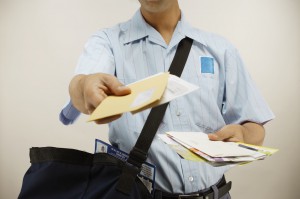In a sea of daily promotional messages, email marketers must do everything they can to gain the attention of readers. One effective method is to use personalization. Email statistics reveal that more people open personalized messages and click the links. However, a few types of personalization can actually harm the effectiveness of an email marketing campaign. It is vital to use the right techniques. 
Greeting
An email advertisement will appear more genuine when it only uses the customer’s first or last name. If it contains the entire name, it may look like a form letter. Remember that people don’t normally put names in the subject lines of personal messages. Personalized subject lines actually discourage users from opening email, according to EmailStatCenter.com. Nonetheless, readers do prefer customized product information and offers.
Specifics
When possible, use a customer database to identify products or services that might appeal to the recipient. For example, the message could mention a sale on printer paper if the customer bought a printer in the past. However, businesses should avoid using information that the reader wouldn’t expect them to have. It may be easy to find customers’ former addresses or the names of their relatives, but some people find it “creepy” when companies use this sort of data.
To and From
Try to personalize the “To” and “From” addresses. If a specific customer lives near the office or store in Seattle, the “From” address or label could contain the city’s name. The company name would follow the word “Seattle.” If possible, the “To” address should refer to the customer’s name and email account. This is preferable to a generic address, such as “customers@example.com.”
Some major companies still send messages that greet customers with statements like “Customer ID 93091.” Personalized email marketing offers an inexpensive way to surpass competitors’ promotional efforts. It is also quite versatile. For example, IBM reports that businesses have successfully used such messages to gain feedback on specific purchases and minimize the abandonment of online shopping carts. As email personalization continues to become more sophisticated, it will yield even greater benefits.




Recent Comments